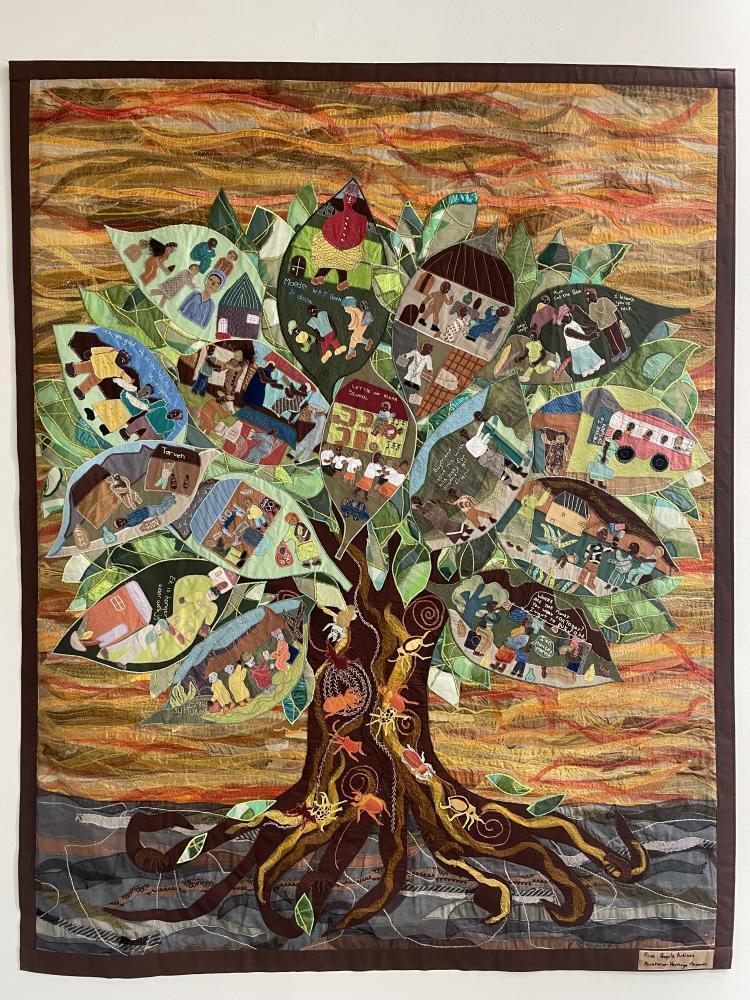S v Baloyi (Minister of Justice and Another Intervening) (1999)
| Description: | In this case, the Constitutional Court faced the complex task of finding the balance between the state’s duty to provide effective remedies against domestic violence, and its obligation to respect the constitutional rights to a fair trial of those accused of committing domestic violence. The case involved an army officer who was convicted for breaching an interdict issued by a magistrate ordering him not to assault his wife or prevent her or their child from leaving their home. The officer appealed to the Transvaal High Court, which declared that Section 3 (5) of the Prevention of Family Violence Act was unconstitutional to the extent that it placed the burden on him to disprove his guilt. The High Court interpreted section 3(5) to impose such onus because it invoked the procedure of section 170 of the Criminal Procedure Act, which required accused persons who failed to appear after an adjournment to prove that their absence had not been wilful. For further information relating to this matter, please visit the Constitutional Court's repository of court cases and documentation. |
